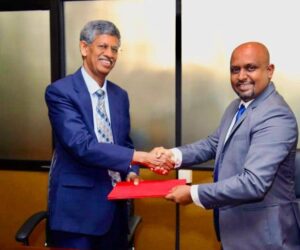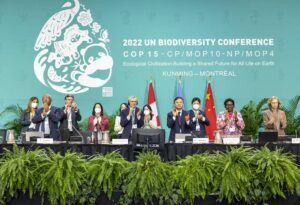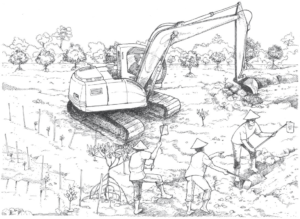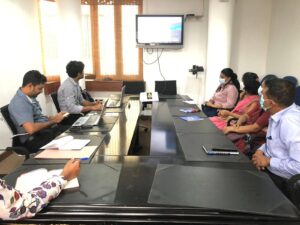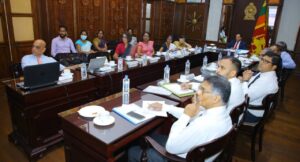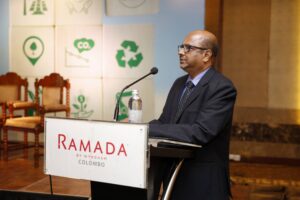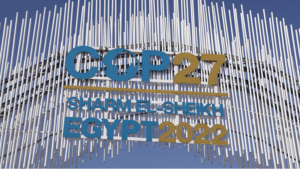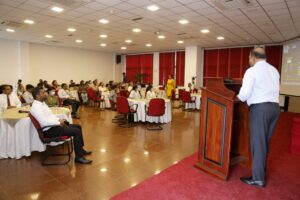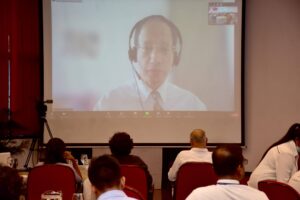How much Sri Lanka stands to benefit from the developments at COP 27 is yet to be seen as much is to be ascertained at COP 28 and the year of secondary negotiations that will precede it. In summary COP 27 established a loss and damage fund, amped up technology based solutions to climate change, and added focus on climate finance but failed to make real progress where emissions were concerned and set more ambitious goals on the 1.5 degree Celsius target and fossil fuels.
The COP27 summit was held with the assembly of countries reaching an agreement on a loss and damage fund. According to Kumudini Vidyalankara, Director of Sri Lanka’s Climate Change Secretariat, a fund was established and a transition committee was appointed to design a mechanism through which the fund would be operationalized.
The appointed committee holds responsibility for whom will be entitled to receive funding, who will have to pay etc. The recommendations are to be presented to COP28, which will be held in United Arab Emirates in 2023. However, Ms. Vidyalankara mentioned experts claiming that it will at least take five years before any money is mobilized. But she also said that vulnerable countries like Sri Lanka will be prioritized.
Yet, the final cover text has been receiving mixed comments as it addresses the results of climate change, but not the cause, which is fossil fuels. Catherine Abreu, Executive Director of Destination Zero has tweeted, that it is unfortunate that UN climate talks have failed to live up to the science, “which is clear that climate action = fossil phase out”.
The final cover text has no indication about oil or gas, and the references to coal and fossil fuel subsidies are filled with qualifiers and loopholes. The treaty, for which is gaining boost, will be functioning as a separate but supporting legal mechanism to end the growth of fossil fuels and manage a transition from coal, oil and gas production. Even the United Nations Framework Convention on Climate Change (UNFCCC), being a critical mechanism for international climate policy, has not facilitated the International Corporation on fossil fuel supply required to manage the global transition.


